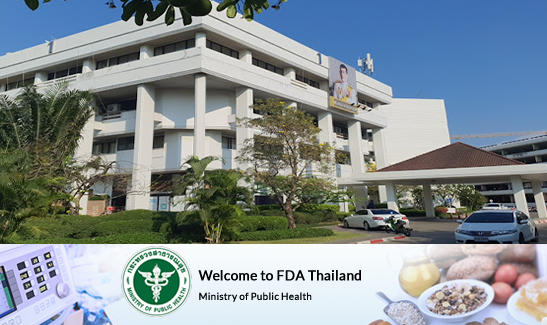THAIRIMS has been developed to support the work of the Food and Drug Administration, Ministry of Public Health, Thailand. It is based on SIAMED, which has been developed through a collaboration with the World Health Organization, Asian Development Bank, and European Medicines Agency. It is based on 25 years of experience working with over 30 national drug regulatory authorities. Its implementation at FDA Thailand is supported by Australia’s Therapeutic Goods Administration.
Effective regulation of medical products is a crucial component of any strategy aimed to protect patient safety and is an important building block for health security and for achieving universal health coverage.
Information and communication technology (ICT) offers opportunities to significantly improve regulated products management. Yet, the availability and use of ICT and online services by most national food and drug regulatory authorities is far behind where it could and needs to be. ICT systems, when used, don’t talk to each other, fail frequently, and do not provide adequate information to health professionals and the public. As a result: substandard or falsified products enter the regulated supply chain threatening consumer safety; regulatory authorities give the impression of being non-transparent and inadequate to support government’s major public health efforts; health professionals and the public (and even other government institutions) look elsewhere when seeking reliable information on regulated products; businesses face more complicated, slow and expensive access to market intelligence; regulatory staff are frustrated; and use of resources is not optimal.
Being able to make the best use of an integrated regulatory information management system would make product regulation more effective. In addition, the potential of ICT to support international collaboration among authorities is huge and can lead to a) savings by eliminating the need to repeat work already carried out by reliable peer institutions in another country, b) faster dissemination of information when safety issues are detected, and c) strengthened regulatory systems especially in less-resourced countries.
To take advantage of this potential is necessary to focus on: adapting ICT to each national context, adopting open standards, secure data management & user identity, and interoperability. All these elements are critical to system effectiveness and to ensure that the right information is securely shared with the right counterpart at the right time.
Contact information here



